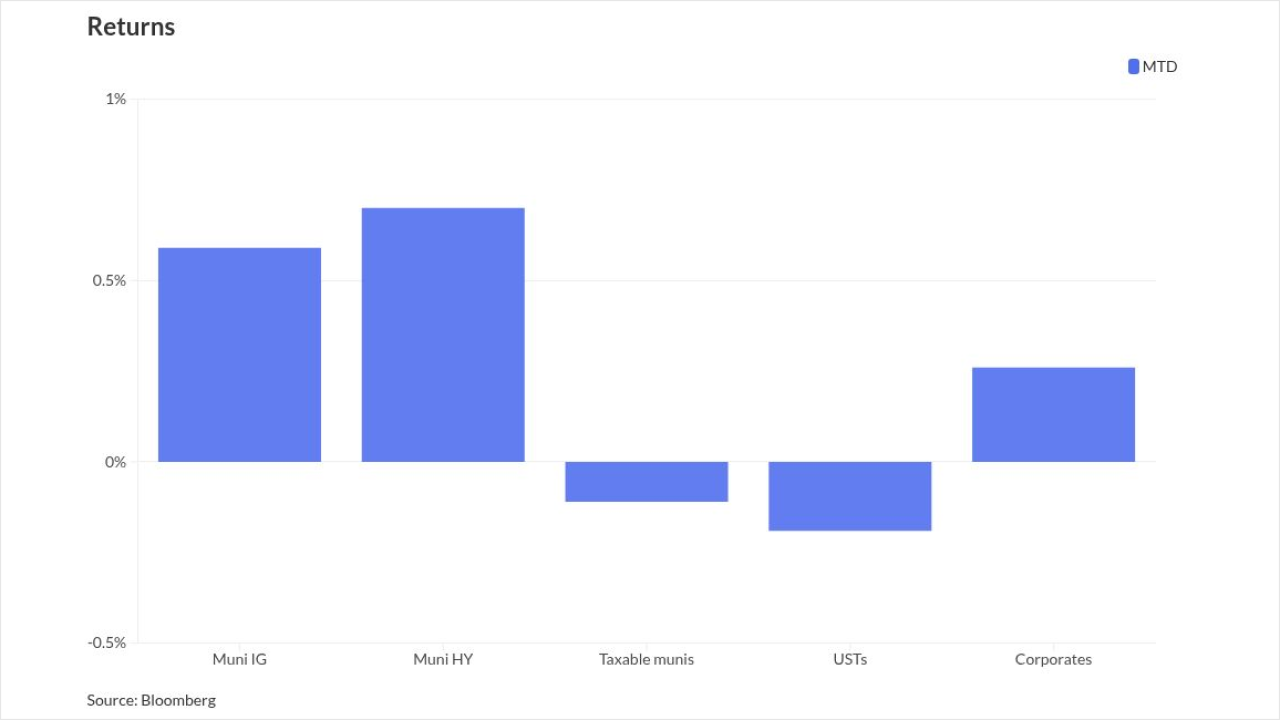
CHICAGO – Multiple tax hikes, strict spending limits, and borrowing to pay off old bills are all needed to dig Illinois out of its deep fiscal hole after 19 months without a budget, the Chicago Civic Federation warned Friday.
Balancing the books with cuts alone would require trimming 26% of the state's general fund in fiscal 2018 with additional reductions needed to trim the record unpaid bill backlog, according
"Illinois is in the unenviable position of having by far the worst-rated credit in the United States and the most notoriously dysfunctional state government," federation president Laurence Msall said in a statement announcing the release of the institute's proposed five-year plan to repair the state's finances.
The report recommends limiting spending growth to 1.7% through at least fiscal 2022 and using the amount -- $36.3 billion -- Rauner called a maintenance spending level when he proposed his fiscal 2017 budget.
To generate new revenue, the state should raise the current personal income tax rate of 3.75% to 5.25% and the corporate rate to 7% from 5.25%, both retroactive to the start of the year. If its proposals are implemented, the organization said the state may be able to reduce the individual tax rate to 5% in 2022. The burden of the increase on low income residents should be eased by expanding the earned income tax credit by 50%.
The state should also eliminate its state tax exemption on federally taxable retirement income joining 41 other states that do so. "The state can no longer afford to provide this generous benefit," the report says. The state should also lower its general sales tax rate to 5.5% from 6.25% while extending it to cover more consumer services, the institute recommended.
A bipartisan Senate budget proposal known as the "Grand Bargain" would raise the personal income tax to 4.99% and the corporate rate to 7%. It would lower the overall sales tax to 5.75% and extend it to cover some services and currently exempted goods. All totaled, the Senate package is estimated to raise $6.5 billion in new annual revenue.
The group also recommended that the state borrow to help bring down a record $11.5 billion, as long as it's part of a balanced budget plan. The backlog is expected to reach as high as $14.5 billion by the end of the fiscal year June 30, with interest due on those bills possibly hitting $700 million. The report suggested that nearly $9 billion in proceeds would be needed to pay off the backlog by the end of fiscal 2018 and suggested limiting the maturity of such a borrowing to five years.
"There are no politically easy choices left for the state of Illinois and, unfortunately, none of the shared pain from spending restrictions and increased revenues will go toward better or additional services for Illinoisans," Msall said. "Governor Rauner and Illinois legislators on both sides of the aisle need to take action immediately to put Illinois back on the path toward sound financial footing."
If Rauner and lawmakers follow the recommendations, the state could clear out much of its estimated $5 billion deficit, the institute said, and should see a surplus beginning in fiscal 2018 that could go to cover debt service on the backlog borrowing.
After the backlog is paid down and debt service on any borrowing ends, the state should make supplemental payments to help tackle its $126.5 billion tab of unfunded pension obligations that consumes about one-fifth of the state's general fund. The state owes $6.9 billion this year and $7.9 billion next year.
The report highlighted the interest costs accrued by the state because of its rocky finances and steady credit deterioration, both from higher interest rates on bonds and from interest paid on overdue bills.
The state will pay $785 million over the 25-year life of its November 2016 bond issue, $61 million more than if its yields landed at what other triple-B credits pay and $103 million higher than triple-A rated credits based on a benchmark comparison, according to the report. In the past 10 years, the state has paid more than $1 billion in interest penalties on overdue bills.
The state should also establish a rainy day fund equal to 10% of state-source general funds revenues to act as a cushion during the next economic downturn.
The group also recommends that the state merge the Chicago Teachers' Pension Fund with the statewide Teachers' Retirement System and extend the funding support it gives all other school districts to the Chicago Public Schools "helping to stabilize" the distressed district's finances.
The report also called on the state to consolidate and streamline its nearly 7,000 local units of governments which is the highest in the nation and cited as a reason for high property taxes.
Versions of a handful of the institute's proposals are also in the Senate package. Several bills passed in recent days but a controversial measure to reform pensions failed amid a rift over the timing of the voting as negotiations were continuing on some pieces of the package. Leaders have said the package remains alive and negotiations are continuing.
It includes bills that would authorize $7 billion in borrowing to pay down the backlog, a local consolidation bill and a bill to help the CPS teachers' pension fund that does not merge the pension systems as suggested by the institute.
Asked about the tax hike proposals in the report during an unrelated public appearance Friday, Rauner said he was not ready to comment on "specific ideas" as the Senate continues work on its bipartisan plan.
Fitch Ratings recently dropped Illinois one notch to BBB and warned of more downgrades if progress isn't made on a budget by June 30. Moody's Investors Service and S&P Global Ratings rate the state at the same level and assign negative outlooks. S&P also warned of a potential downgrade in a Feb. 6 report that suggested the "Grand Bargain" could stabilize state finances.





